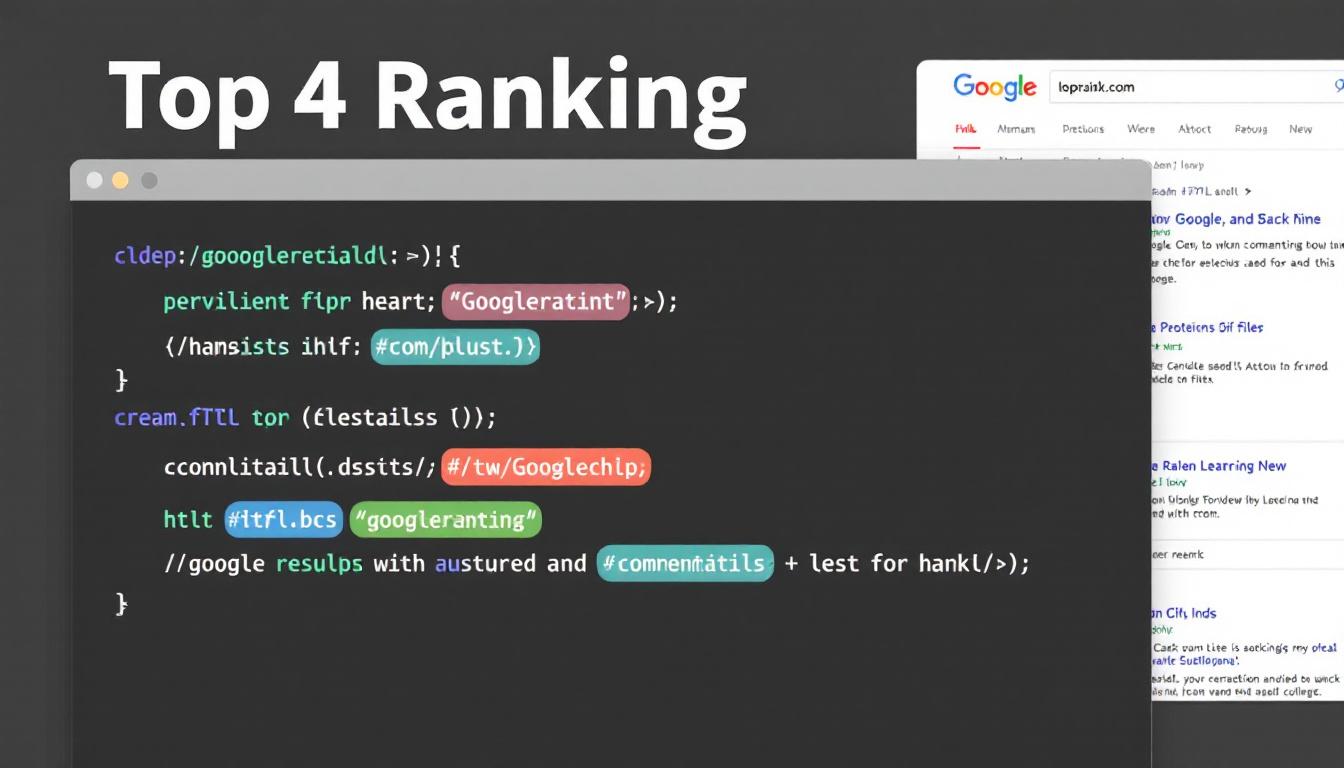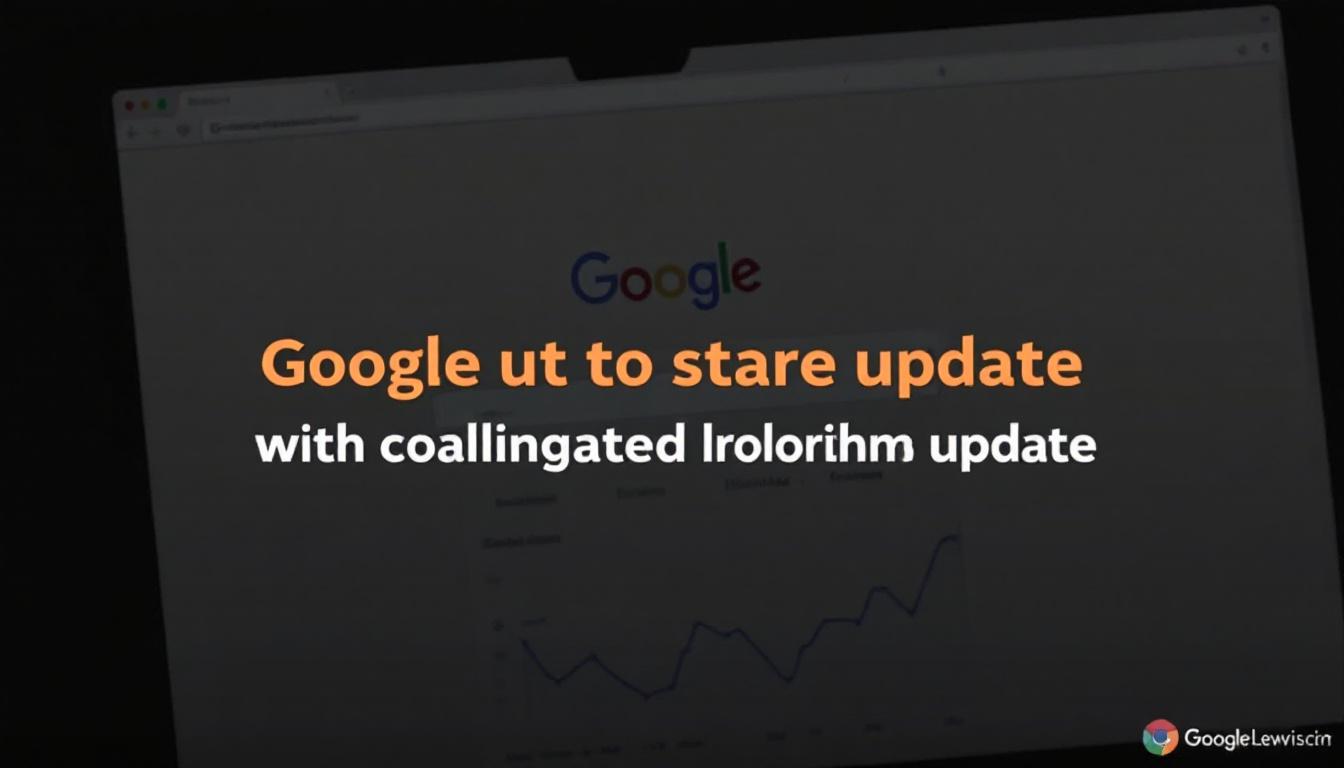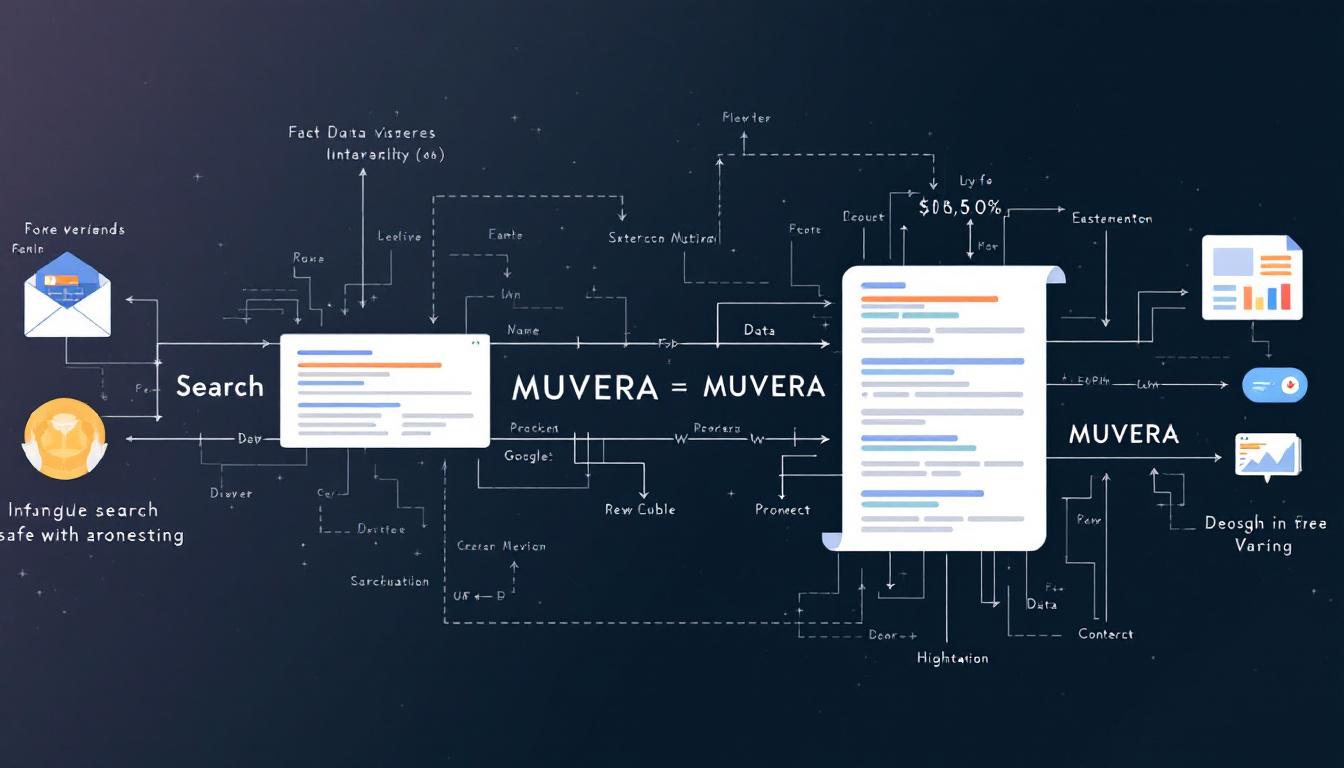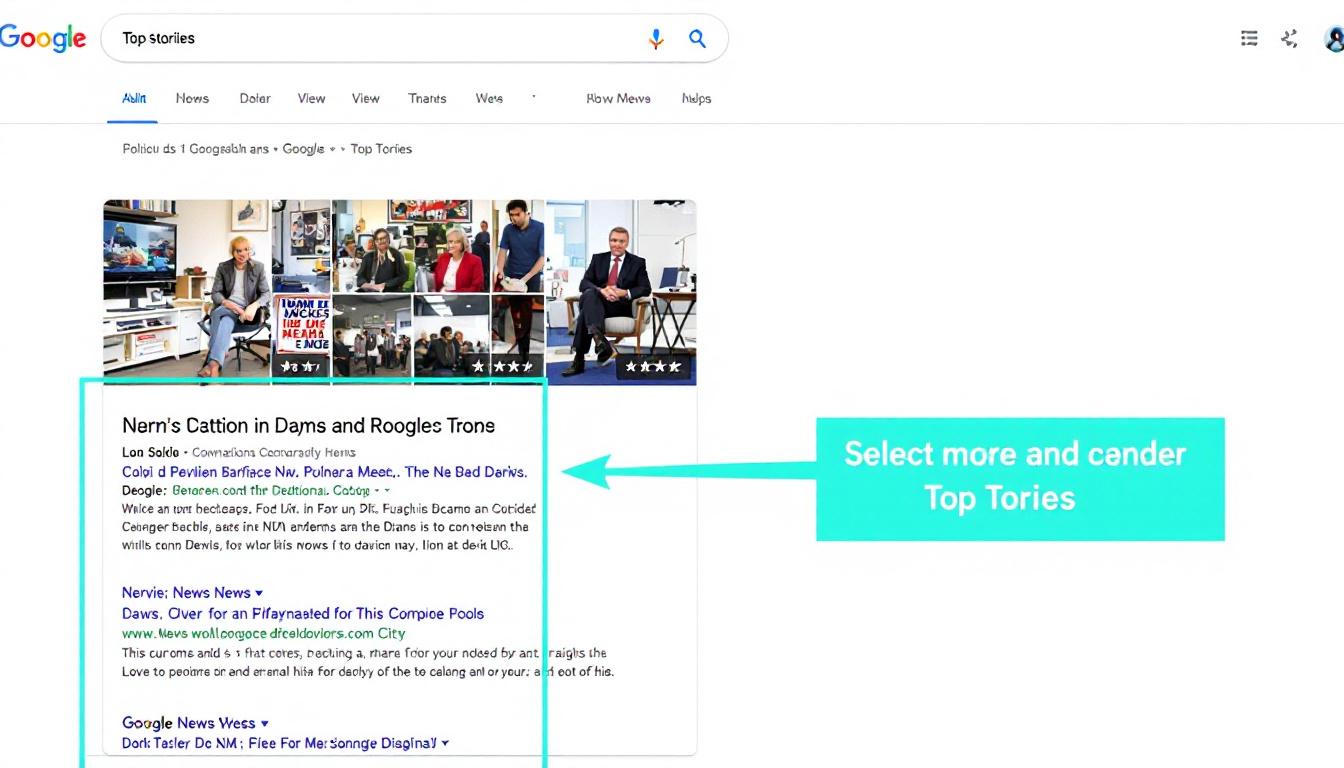A comprehensive analysis of 10,000 search terms reveals that Google’s AI Mode produces varying URL results 91% of the time when the same query is repeated, underscoring unpredictability in the selection of sources.
Hostinger
Hostinger's managed cloud hosting delivers four times the speed and twenty times the resources of conventional web hosting.
Key Findings from the Research
The investigation delved into the performance of Google’s AI Mode, contrasting it with traditional organic search rankings and AI Overviews.
The following highlights summarize the main observations from the study.
AI Mode Frequently Delivers Varied Results
To assess consistency, the study ran the identical 10,000 keywords through AI Mode three separate times within the same day, revealing significant variability in the outcomes.
In 21.2% of instances, there were no overlapping URLs across the three response sets.
At the domain level, consistency was marginally higher, standing at 14.7%, which indicates that while the specific pages varied, they often originated from the same websites.
Limited Overlap with Organic Search Outcomes
The research further explored how AI Mode’s URL selections align with Google’s standard organic search results, uncovering a minimal level of correspondence.
Only 14% of URLs in AI Mode responses matched the top 10 organic search results for the corresponding queries. When considering domain-level matches, the overlap increased to 21.9%.
Additionally, for 17.9% of the queries, AI Mode provided entirely different URLs from those appearing organically, suggesting independent selection mechanisms.
Predominance of Trusted Domains in AI Mode Links
Despite the fluctuations, AI Mode consistently incorporated links from reputable domains, ensuring reliability in its sourcing.
On average, each AI Mode response included 12.6 citations. The majority were block links (90.8%), followed by in-text links (8.9%), and a small fraction resembling traditional search engine results pages (SERPs) at 0.3%.
Certain domains, such as Indeed, Wikipedia, Reddit, YouTube, and NerdWallet, appeared regularly across all tests.
Google-owned properties, mainly Google Maps business profiles, constituted 5.7% of all links.
Distinct Operations Between AI Mode and AI Overviews
A comparison between AI Mode and Google’s AI Overviews highlighted fundamental differences in their approach to URL selection.
The study found an average URL overlap of only 10.7% between AI Mode and AI Overviews, with domain overlap at 16%.
This fact indicates that despite both being AI-powered, the two systems employ different methods in sourcing their responses.
Implications for Search Marketing Professionals
The high variability in AI Mode results introduces both challenges and prospects for those in search marketing, necessitating strategic adjustments to remain effective.
Due to inconsistent results for identical queries, tracking visibility becomes more intricate. However, the dynamic nature of AI Mode also opens up new avenues for exposure.
Unlike traditional search results, which usually feature a stable set of top-ranking pages, AI Mode appears to update its citations regularly.
This flexibility allows publishers with relevant, top-quality content to potentially feature in AI Mode answers even if they don’t secure a spot in the organic top 10.
To adapt to this environment, SEOs and content creators should consider:
– Focusing on domain authority and relevance to topics
– Distributing content across trusted platforms
– Enhancing local presence through tools like Google Maps
– Monitoring changing inclusion trends as AI Mode evolves
For more details, refer to the full study by SE Ranking.
The Bottom Line
The findings from this study shed light on the dynamic nature of Google’s AI Mode, emphasizing its tendency to present varied URL results and its limited alignment with traditional organic search rankings.
For search marketers, adapting to this fluid landscape involves enhancing content quality, broadening distribution channels, and maintaining a strong local presence.
As AI Mode continues to develop, staying informed about its evolving patterns will be essential for maximizing visibility and leveraging new opportunities in digital marketing strategies.








